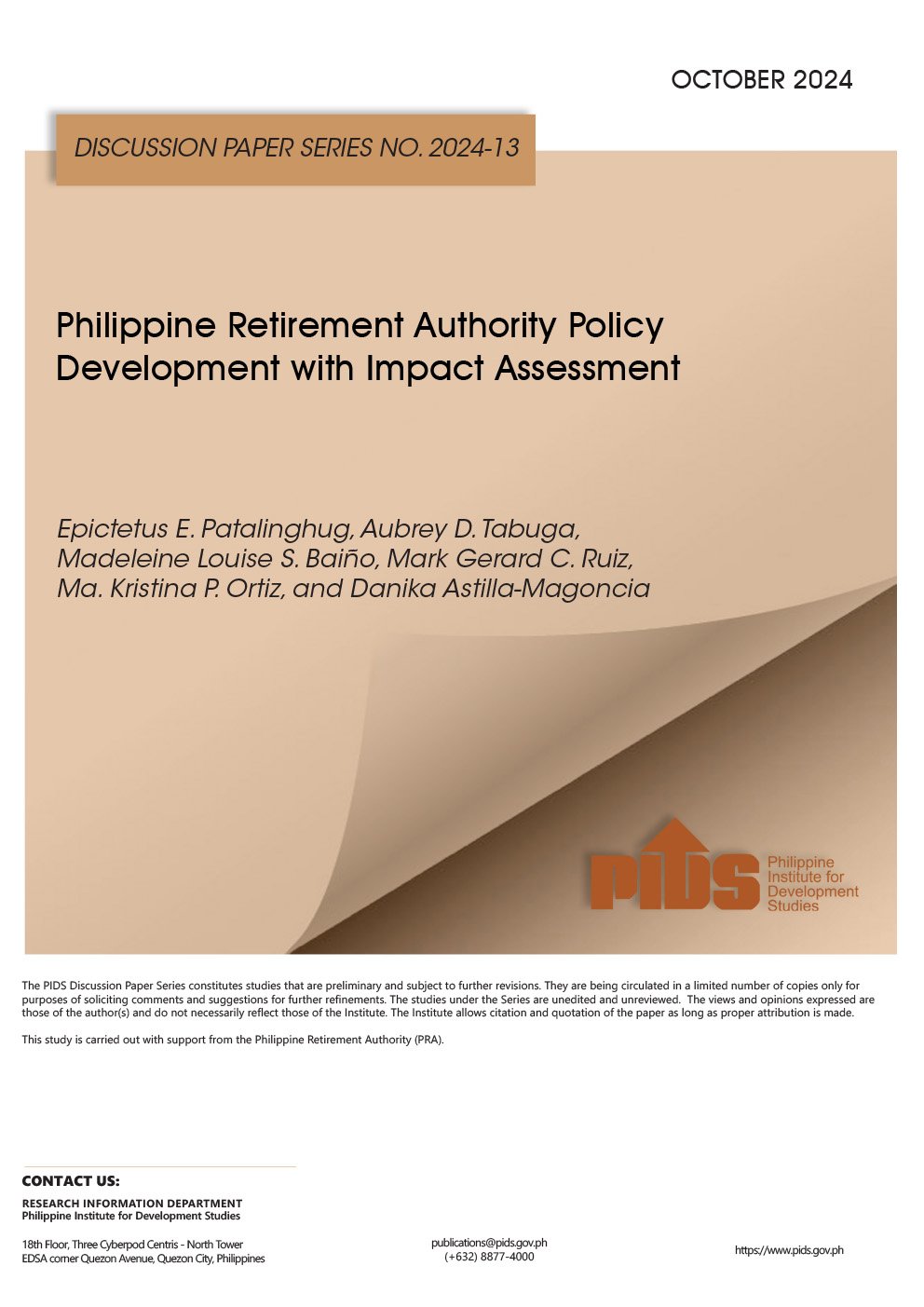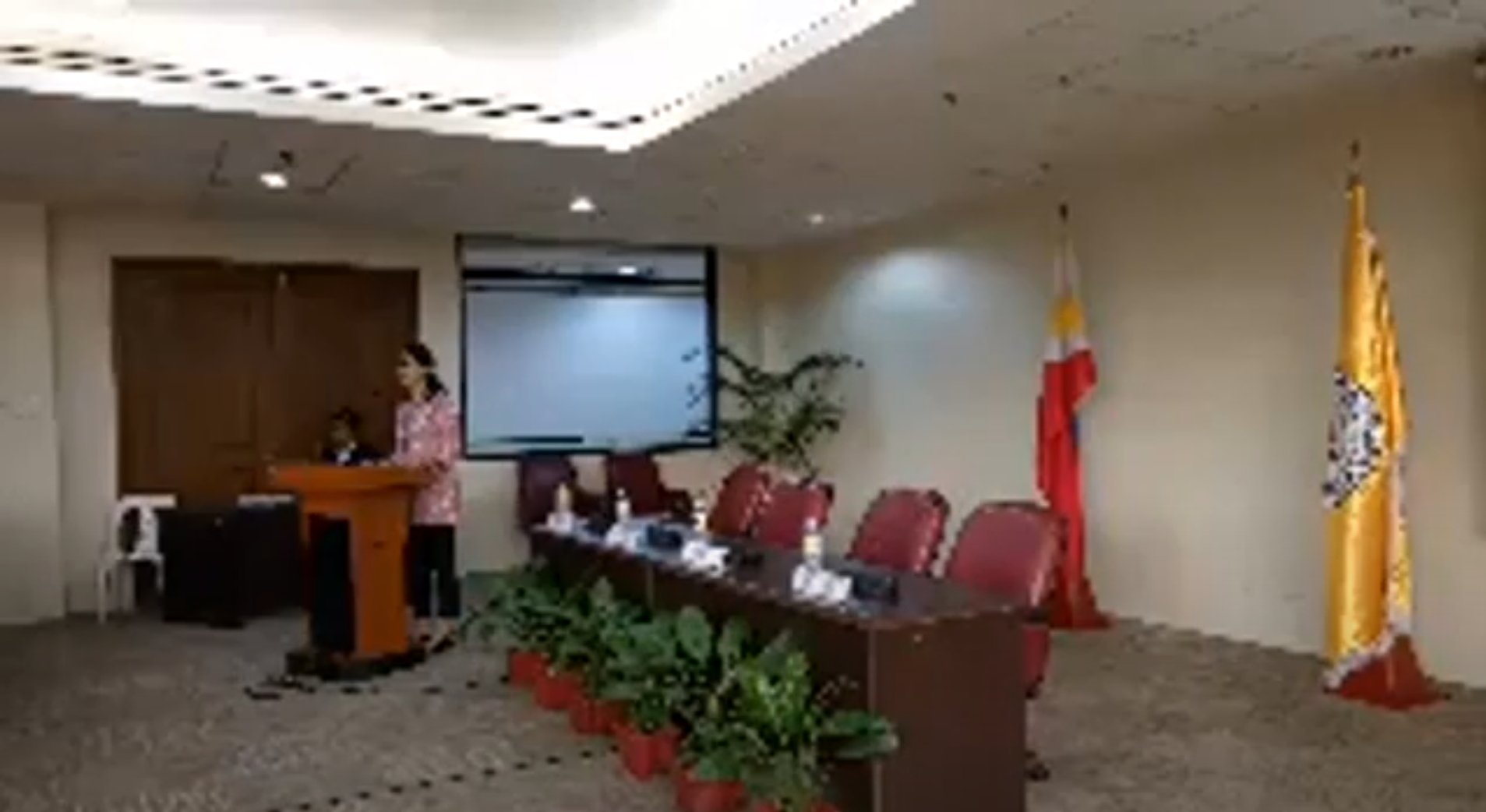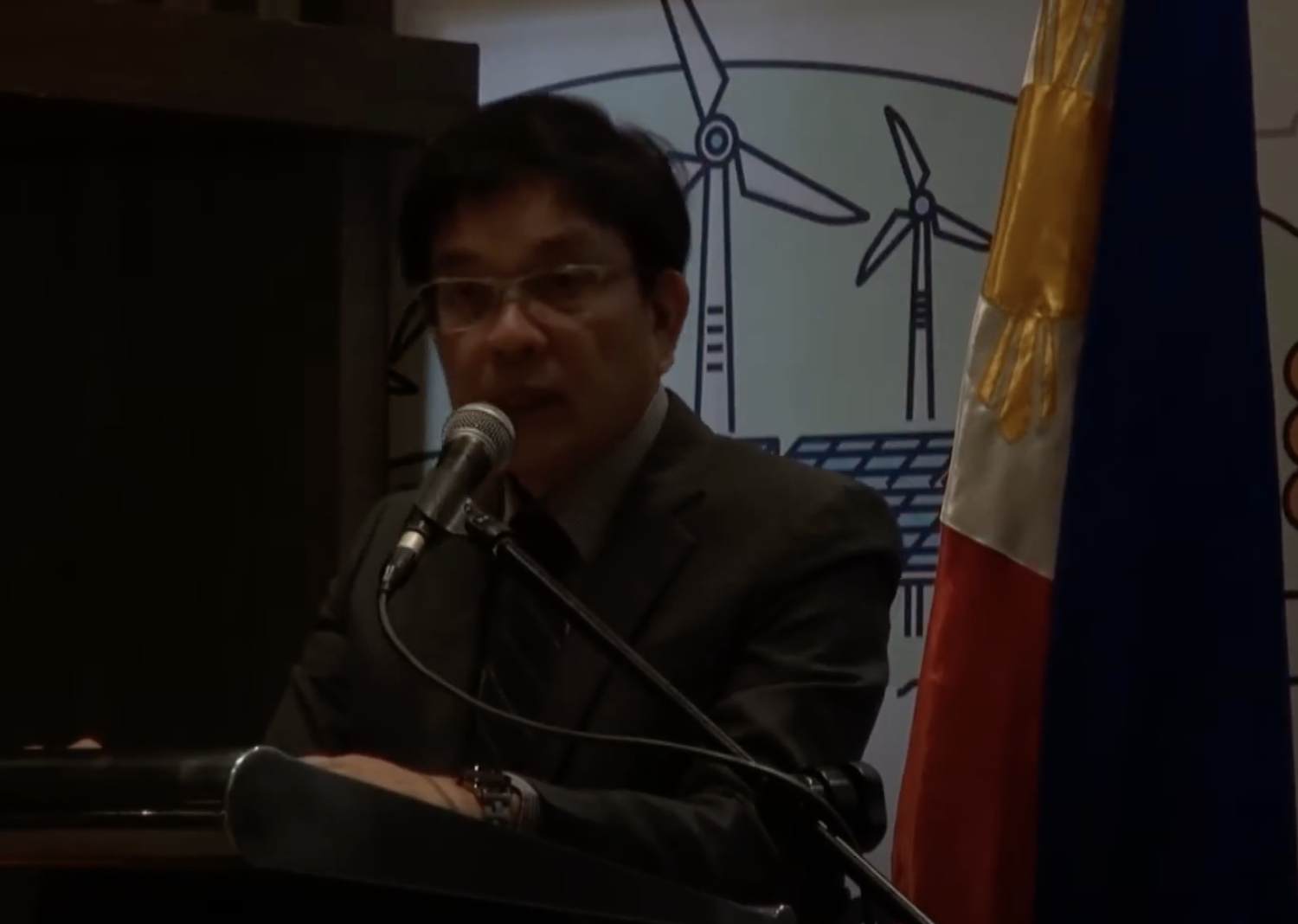Cordillera’s pursuit for autonomy remains the most practical stance at this time that the form of government under a federal system is not yet defined, an economic expert said.
Philippine Institute for Development Studies Senior Research Fellow Rosario Manasan said the region is on the right track in pushing for an autonomous status while the administration’s pursuit for a shift to federalism is not yet defined.
“Cordillera’s stance on achieving autonomy first before federalism is very reasonable, especially that the main objectives is to preserve your regional identity,” Manasan said.
This early, she said the benefits that the regions in the country can derive from a federal form of government cannot be determined because the basic question on the kind of set up has yet to be answered.
Until the form of government under a federal system is defined, Manasan said getting the pulse of the public is premature.
“Before we can even ask the people, even political leaders, if they are in favor of federalism or not, we have to know first the form that the government wants to establish, how many states will be created, what are those states or regional governments, and how is the division of powers between the federal and central government,” Manasan said.
Manasan said at this point, the best move is for policy makers to study the possibly of amending the Local Government Code to broaden decentralization and further define the taxation powers of local government units.
“Pareho ang benefits ng pagiging federal sa benefits na makukuha ng mga tao kapag pinalawak pa ang decentralization. If we allow the LGUs to raise their own taxes, government services will be closer to the people,” she said.
PIDS, the government’s socio-economic think tank, was in Baguio last week for the last leg of its roadshow that tackles decentralization and fiscal federalism, which is the focus of this year’s Development Policy Research Month (DPRM) observance.
The annual DPRM aims to promote awareness on the importance of evidence-based research in program planning and policymaking in government.
Philippine Institute for Development Studies Senior Research Fellow Rosario Manasan said the region is on the right track in pushing for an autonomous status while the administration’s pursuit for a shift to federalism is not yet defined.
“Cordillera’s stance on achieving autonomy first before federalism is very reasonable, especially that the main objectives is to preserve your regional identity,” Manasan said.
This early, she said the benefits that the regions in the country can derive from a federal form of government cannot be determined because the basic question on the kind of set up has yet to be answered.
Until the form of government under a federal system is defined, Manasan said getting the pulse of the public is premature.
“Before we can even ask the people, even political leaders, if they are in favor of federalism or not, we have to know first the form that the government wants to establish, how many states will be created, what are those states or regional governments, and how is the division of powers between the federal and central government,” Manasan said.
Manasan said at this point, the best move is for policy makers to study the possibly of amending the Local Government Code to broaden decentralization and further define the taxation powers of local government units.
“Pareho ang benefits ng pagiging federal sa benefits na makukuha ng mga tao kapag pinalawak pa ang decentralization. If we allow the LGUs to raise their own taxes, government services will be closer to the people,” she said.
PIDS, the government’s socio-economic think tank, was in Baguio last week for the last leg of its roadshow that tackles decentralization and fiscal federalism, which is the focus of this year’s Development Policy Research Month (DPRM) observance.
The annual DPRM aims to promote awareness on the importance of evidence-based research in program planning and policymaking in government.









